
Editor's note: The Top of the Morning staff is pleased to announce a week-long celebration of the Day of Remembrance. Over the coming nine days author David G. Woolley will release a number of posts beginning tonight on the anniversary of Moroni's visit to Joseph Smith leading up to the Jewish celebration of the Day of Remembrance (Ha-Zikaron) on Monday, September 29th. We hope you'll join us for a week of celebrating the Day of Remembrance.
For three years young Joseph Smith Jr. believed his initial vision of God the Father and Jesus Christ in the maple groves behind the family cabin was for him and him alone. On this night one hundred eighty five years ago Joseph was yanked from that thinking when an angel named Moroni appeared to him in his bedroom cabin loft and told him that God had a work for him to do (Joseph Smith History 1:33).
Joseph likely didn’t tell his family about his First Vision until after Moroni's appearance three years later. He spoke to his mother immediately after he returned home from the maple groves in 1820 and when she inquired about his evident weakness (he was leaning against the fireplace) he said, “Never mind all is well—I am well enough off.” The only information he shared with his mother was that he knew her Presbyterianism was not true. It wasn’t until three years later during the 1823 angelic visions of Moroni where Joseph is commanded to tell his father did the family start to become aware of Joseph’s visions.
In the preliminary manuscript of Lucy’s personal memoirs—what she later titled Biographical Sketches in its final edition—she wrote that Joseph took his questions over which church to join to Moroni in 1823 when in reality it was Jesus Christ three years earlier in the maple groves behind their Palmyra cabin who answered those questions for Joseph Smith (Lucy Smith, Preliminary Manuscript, Lucy describes a family conversation where she mistakenly confuses Joseph’s first vision with Moroni’s appearance and connects it with the statement that there is not a true church upon the earth, see page 40).
Lucy also wrote that it was Moroni who told him that the churches on the earth were all “man made churches”. In the final draft of her personal history Lucy abandoned her account of Joseph’s visions and instead quoted directly from her son’s account (Lucy Smith, Biographical Sketches, p 80-86). Joseph’s brother, William Smith, was likely repeating the account he heard from Lucy when he made the same mistake. Joseph’s silence about his First Vision in 1820 followed three years later by the sharing of his visionary encounters with the angel Moroni prevented Lucy and William from “getting the story right”. What is right is that Moroni's visit set in motion the coming forth of the Book of Mormon, a marvelous work and a wonder prophesied by Isaiah.
This excerpt from the opening chapters of Day of Remembrance, a scene between Joseph and his mother Lucy, captures the moment on the evening of September 21st, 1823, in the hours leading up to Moroni's appearance.
“Reverend Lane never had nothing good to say about visions.” Joseph kept his head down and worked his fork over the empty plate. “Said if there were anything to know about heaven or hell the good Lord would have made it known to the apostles when they were penning the gospels. That’s what he told me. Said visions were of the devil, that there was no such thing as revelations in these days; that all such things ceased with the apostles and there never would be anymore of them.”
Lucy said, “When did you last speak with the man?”
“It’s been a few years. Not long after…” Joseph played with his spoon.
“Not long after what?”
“The morning I told you I knew your Presbyterianism wasn’t right. Do you remember? It was in the spring during maple harvest, three years back. I can never forget it, mother.” Joseph slowly shook his head. “I went out into the grove for a time to pray over the matter and…”
“What is it, Joseph?”
“I came inside and leaned against the stone…” He tipped his head toward the bricks in the hearth. “You were worried, you said I looked tired and I told you I’d found out for myself that your Presbyterianism wasn’t right.”
“What you told me was that I should never mind—that you were well enough off.” Lucy leaned over the table. “I can’t keep never minding, son. Not when men like Reverend Lane speak ill of you. Heaven knows you spent a good deal of time with the man. You were preparing to join his congregation before you lost interest and he started speaking ill of—
“I didn’t lose interest, Mother.” Joseph raised his gaze from staring at his empty plate. “I told Reverend Lane that none of the religious sects were right, not a single one and I told it to the good Deacon and the Minister as well.”
“Mercy, Joseph.” Lucy let go of the sash around her sleeping gown. “No wonder Reverend Lane has nothing good to say about you.” She reached across the table and took him by the hand. “What on earth possessed you to say such a thing?”
Joseph took back his hand and sat rigid on the bench, his shoulders straight and his head down. He’d not told Mother any of the details of his vision three years before in the maple groves behind the log cabin. That was back when he was thinking serious of joining with Reverend Lane’s congregation in Palmyra. No one but the good Reverend knew he’d found a secluded spot among the trees, over where Papa left an axe in one of the stumps and offered a simple prayer, asking heaven for wisdom to know which church of all the churches he should join.
It was a personal vision, meant for him and him alone and it wasn’t right to go about sharing it with anyone and hopefully Reverend Lane didn’t break his promise and share it with the other preachers in town. A minister of the gospel wasn’t to share the conversion of a congregant and there was no greater story of conversion than what Joseph received back when he was a young lad of fourteen. It was on a beautiful clear morning early in the spring of 1820, the same week they were harvesting maple syrup from the grove. If Reverend Lane were an honorable man he wouldn’t speak of what Joseph shared with him in confidence. Wasn’t that what ministers were for—to hear the confessions of their parishioners and help them find God?
Joseph pushed back from the table, his head still down and his shoulders forward. He’d confided his conversion to Reverend Lane, told him he’d found God in the middle of a maple grove and instead of congratulating him for seeking a spiritual witness from heaven, the man had nothing good to say about his vision. Joseph told him he’d received a promise that his sins were forgiven and Reverend Lane told him that no one but God could forgive sins. Joseph told him he’d been blessed with an intense feeling of joy that filled his soul and lasted for a good many weeks after his vision and Reverend Lane told him that he was deluded by an unbridled heart. Why did Mr. Lane treat his vision with such contempt? The man was Joseph’s minister, shepherding him into the faith of the Methodists and it was only right he share the experience with the man. That’s what Reverend Lane told him he should do and he had Joseph promise to share his conversion in preparation for membership in his church, but when he told the good minister that God the Father and his son Jesus Christ appeared to him in a grove of trees behind their log cabin, forbidding him to join any of the sects, the Reverend called Joseph a fool like all the other foolish seekers and revivalists in the region. He accused Joseph a diviner, said his vision was the work of the devil and he was like all the other uneducated folk in the county and if he didn’t repent of this awful sin and never speak of it again he’d end up in hell with all the other money diggers, visionaries and spirit seekers.
Joseph let go his hold on the table, the rough timbers brushing his fingertips. He’d actually seen a light and in the midst of that light he’d seen two personages and they did in reality speak to him, telling him that the professors of religion in Palmyra drew near to God with their lips but that their hearts were far from him. And though Reverend Lane hated and persecuted him for saying he’d seen a vision, yet it was true and he could not deny it.
Joseph left the dirty plate and glass on the table and turned toward the ladder leading up the wall to the loft above the kitchen. He said, “I’m fine, Mother.”
“Fine?” Lucy set her hands on her hips. “That’s not the report I heard from Reverend Lane.”
Joseph turned on the first rung in the ladder, his thick arms holding him up off the floor. “What did he say about me?”
“That you were given to loud laughing in the company of jovial men. That you were always out late at night after dark and you were given to telling lies that were certain to damn your soul.” Lucy came around the table and took Joseph by the arm. “Tell me the man isn’t right, tell me I haven’t lost my son.”
“Don’t worry yourself, Mother.”
“What is it, Joseph? Is everything well with you?”
Joseph pulled himself up to the second rung in the ladder. It had been three years since he’d felt the joy of the vision in the maple grove behind the house—a vision that was his personal conversion, assuring him his sins were forgiven and telling him to join with no other sects. He was an outcast, deprived of attending church meetings with his mother and the rest of his brothers and sisters. He wanted to get religion too—wanted to feel and shout like the rest—but he couldn’t. God had forbidden him and unless he was given more direction he would forever remain an outcast.
Maybe Reverend Lane was right, maybe he’d become what the Methodists called converts who returned to their sins. Had he become a backslider? In the three years since his vision Joseph mingled with all sorts of society and jovial company, but at least the money diggers and uneducated farm hands in the county could be counted as friends—something the good Reverend would never be. There was only one thing Joseph could do. He started up the ladder to the loft above the kitchen and Lucy’s hand fell away from his arm. He had to find some forgiveness of his sins, but before he disappeared from Mother’s view beyond the rafters in the ceiling he repeated what he told her the morning he returned from his vision in the maple grove three years ago.
“Never mind, Mother. I’m well enough off.”
__________________________
Join author David G. Woolley at his Promised Land Website.

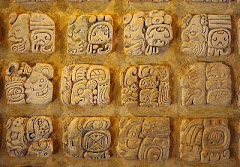
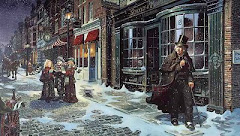


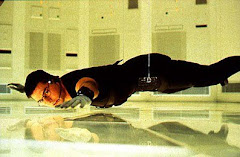
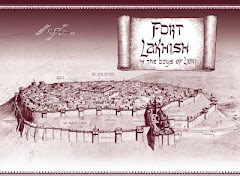



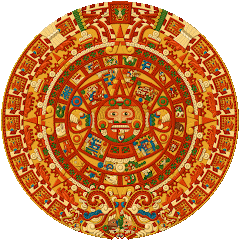
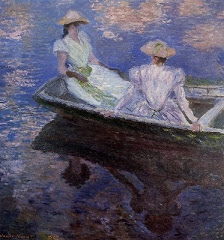
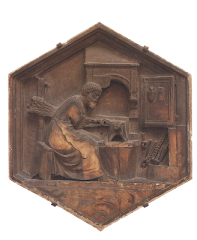

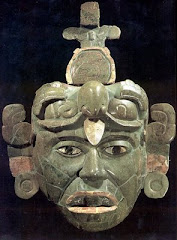



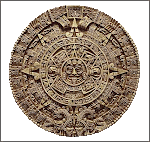


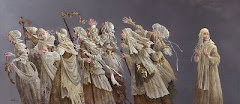




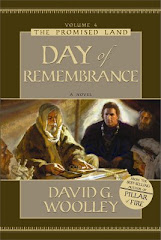



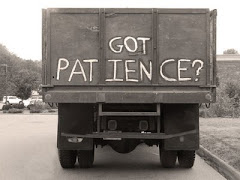
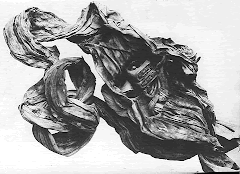
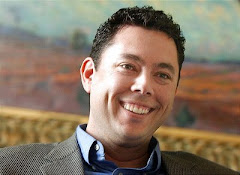

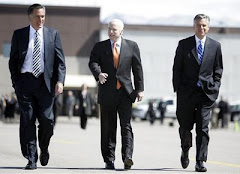

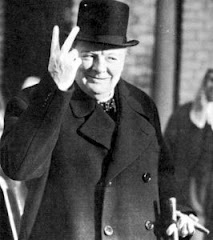
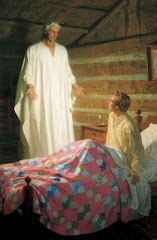


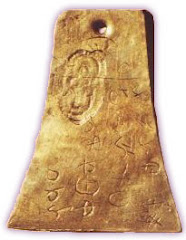


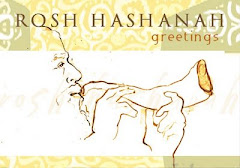

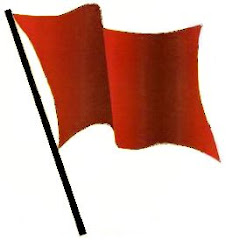
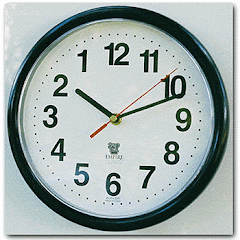

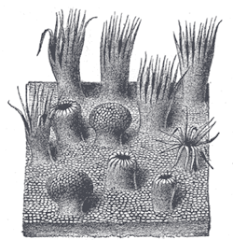
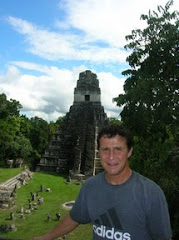


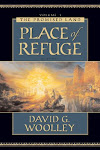
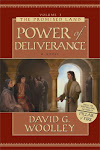

No comments:
Post a Comment